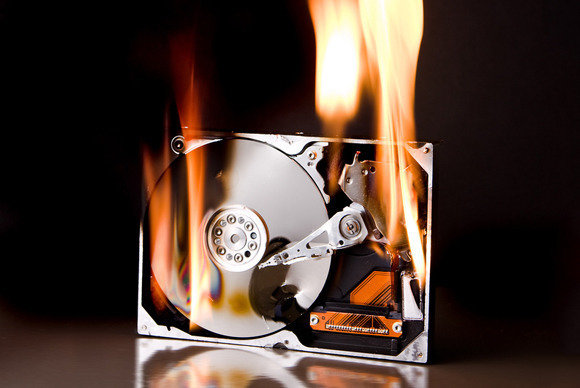Get Rid of Files on a PC For Good
Posted: May 27, 2014

When deleting files from a PC, it would be nice if there were a way to make sure that the files were truly deleted. Sure, the files aren't on the computer, but they could still be lurking on the hard drive. Make sure all information is permanently gone from a hard drive in order to avoid somebody else seeing your personal or sensitive information.

When deleting files from a PC, it would be nice if there were a way to make sure that the files were truly deleted. Sure, the files aren't on the computer, but they could still be lurking on the hard drive. Make sure all information is permanently gone from a hard drive in order to avoid somebody else seeing your personal or sensitive information.
Chris Hoffman, writer for PC World, gives tips on how to permanently delete files from a PC.
Definitely deleted: How to guarantee your data is truly gone before recycling old PCs and drives
Deleted files can often be recovered, and that's a problem when you're passing your PC or PC-related tech along to someone else. Whether it’s sensitive financial data, business documents, or scandalous photos that could be used to blackmail you, you probably don’t want people getting their hands on your private stuff.
Fortunately, you can take steps to protect your data, whether you’re getting rid of a PC, external hard drive, or USB stick. Here's how! (And here's how to wipe mobile devices clean.)
Mechanical hard drives vs. internal solid-state drives vs. external drives
Deleted files can be recovered from some types of drives, but not others. Here’s a quick summary of how different drives handle deleted files.
Mechanical hard drives: Old-school mechanical hard drives—the kind with a spinning magnetic platter—are still used in PCs. If your PC doesn’t have an SSD, it has a mechanical hard drive.
Read the entire article Definitely Deleted: How to Guarantee Your Data is Truly Gone Before Recycling Old PCs and Drives on PC World.